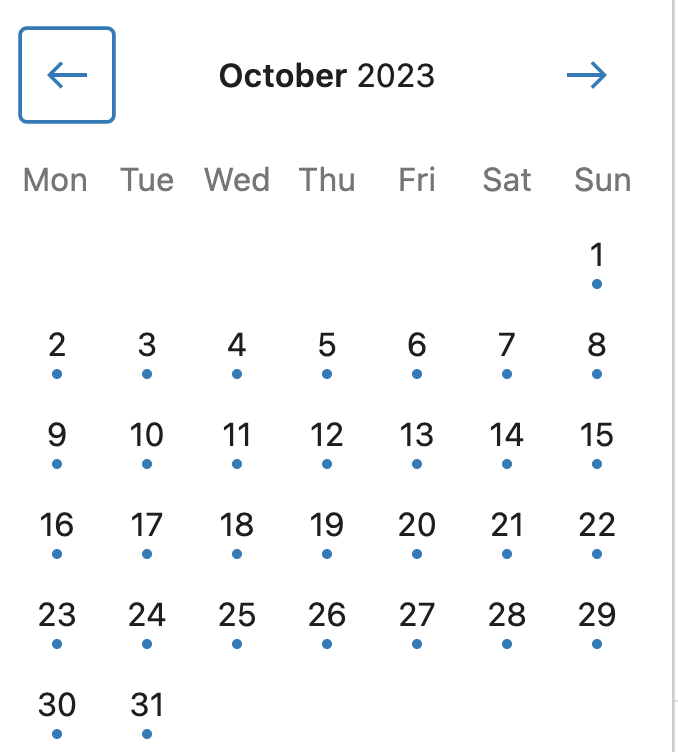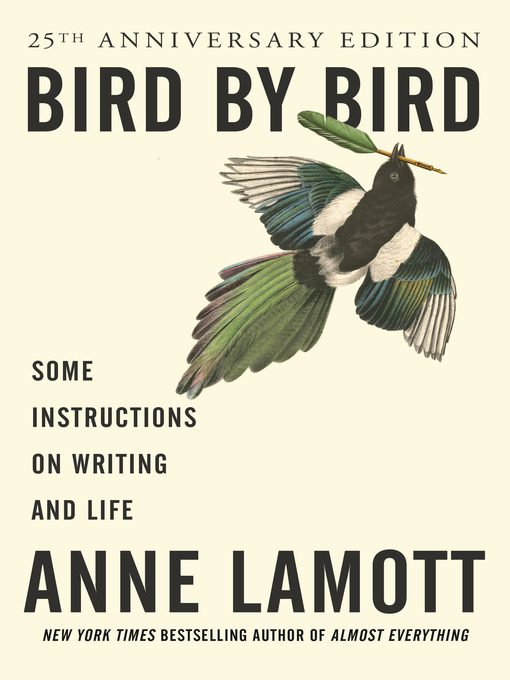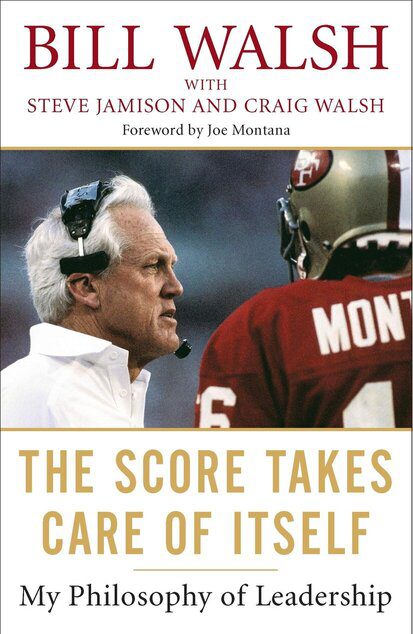“It is good to have an end to journey towards, but it is the journey that matters, in the end. – Ursula K Le Guin
“A goal is a dream with a deadline.” That definition is generally accepted as a way to reach goals, and it can be pressure-inducing. Achieving the most challenging goals takes time, energy, focus, discipline, and persistence. Overnight success usually takes, on average, ten years of deliberate practice and dedication. When you watch Micheal Jordan dunk the basketball, Serena hit the tennis ball, or Tiger Woods hit a swing, what you will observe in their greatness is the mastery of the process. One of the hallmarks of highly successful people is their obsession with mastering their craft; they are students of the game, and the process is more important to them than the result. They trust their process in the gym, workout session, routine, regimen, practice, drill, etc. As the saying goes, we get rewarded publicly for what we diligently practice in private.
Goals are significant for achieving any dream, as one has to have a compass to work with. You might get lost in the process if you don’t have a direction of where you are going. For example, I have been experimenting with writing on this blog daily. Every morning, I research and write about a topic I have been ruminating on, an insight I have recently garnered from reading a book or watching a speech. My daily writing goal is one of the reasons that reading new materials, especially non-fiction books, is a top priority for me daily. Writing is an opportunity to share what I learned from reading and a form of self-expression and therapy. I mostly write about my journey to greatness, lessons learned on my path to better self-awareness, and the strategies I implement to improve myself.

My writing process is not where I want it to be, but It is not where it used to be. By writing daily, I am honing my process and not bothered about the result. Somedays, I marvel at the depth of my writing, while some days, the write-up looks shitty, but I write anyway. I don’t let perfectionism get in the way of my becoming a better writer. Writers write. As Anne Lamott remarks in her book Bird by Bird: Some Instructions on Writing and Life, “Almost all good writing begins with terrible first efforts. You need to start somewhere. Start by getting something— anything—down on paper.” Lamott advised emerging writers to start writing as soon as possible and not be overwhelmed with their need for perfection. She observed that perfectionism is the main obstacle between you and a shitty first draft.

Perfectionism is based on the obsessive belief that if you run carefully enough, hitting each stepping-stone just right, you won’t have to die. The truth is that you will die anyway and that a lot of people who aren’t even looking at their feet are going to do a whole lot better than you, and have a lot more fun while they’re doing it.
Perfectionism is the voice of the oppressor, the enemy of the people. It will keep you cramped and insane your whole life, and it is the main obstacle between you and a shitty first draft.
Perfectionism means that you try desperately not to leave so much mess to clean up. But clutter and mess show us that life is being lived. Clutter is wonderfully fertile ground—you can still discover new treasures under all those piles, clean things up, edit things out, fix things, get a grip. Tidiness suggests that something is as good as it’s going to get. Tidiness makes me think of held breath, of suspended animation, while writing needs to breathe and move.
Perfectionism will ruin your writing, blocking inventiveness and playfulness and life force.
Whenever you see someone great at their profession or art, they did not come to that level of proficiency by chance or luck. Success is never an accident, and failure is never a coincidence. Both require effort; success involves showing up daily and trusting the process, while failure requires not showing up and hoping that things will magically work out. As American essayist and philosopher, Ralph Waldo Emerson once quipped, “Shallow men believe in luck, believe in circumstances.… Strong men believe in cause and effect.” When you focus on the process, the score will eventually take care of itself, as legendary American football coach Bill Wash often said.

The Score will take care of itself.
Bill Walsh is considered one of the greatest coaches in NFL history. He led the San Francisco 49ers to five Super Bowl championships in fourteen years, ranking among the outstanding achievements in sports history. He was named NFL Coach of the Year in 1981 and 1984. In 1993, he was elected to the Pro Football Hall of Fame. In his book, The Score Takes Care of Itself: My Philosophy of Leadership, Walsh shared his philosophy of leadership and life. One of the philosophies he encouraged is showing up (process) and letting the result take care of itself. He writes:
Your effort in the beginning is part of a continuum of effort; your Standard of Performance is part of a continuum of standards. Today’s effort becomes tomorrow’s result. The quality of those efforts becomes the quality of your work. One day is connected to the following day and the following month to the succeeding years. Your own Standard of Performance becomes who and what you are. You and your organization achieve greatness.
Failure is part of success, an integral part. Everybody gets knocked down. Knowing it will happen and what you must do when it does is the first step back
One of the common traits of outstanding performers—coaches, athletes, managers, sales representatives, executives, and others who face a daily up/down, win/lose accounting system—is that a rejection, that is, defeat, is quickly forgotten, replaced eagerly by pursuit of a new order, client, or opponent. They know that a defeat, whether a lost account or a loss on the field, can’t be taken personally.
Your effort in the beginning is part of a continuum of effort; your Standard of Performance is part of a continuum of standards. Today’s effort becomes tomorrow’s result.
Meditations
Daily Calm with Tamara Levitt – Full Sensory Awareness
- Overwhelm: a heightened state of anxiety where we feel incapable of taking action. 5-4-3-2-1: Countdown from 5 and tune into your senses.
#5: Acknowledge five things you see around you (Acknowledge what you visibly see around you in your environment.
#4: Acknowledge four things you can touch in your environment while reaching out to feel them.
#3: Acknowledge three things you can hear in your environment.
#2: Acknowledge two things you can smell in your environment.
#1: Acknowledge one thing you can taste. - Exploring your five senses is a tool for grounding yourself in times of anxiety, stress, and feeling overwhelmed.
“To go out of your mind at least once a day is tremendously important. Because by going out of your mind you come to your senses.” – Alan Watts.
Daily Jay with Jay Shetty – Motivated by Kindness
Daily Trip with Jeff Warren
Podcast
- Learn Any Hard Skill In 2024 – How To Eliminate Distraction & Master Productivity | Cal Newport
Languages
- Español: Tecnología – El Juego Final – Progreso tecnológico | Moconomy – Economía y Finanzas
- Français: Enquête | Uber : trafic et influence – Radio-Canada Info
All the best in your quest to get better. Don’t Settle: Live with Passion.



Comments are closed.